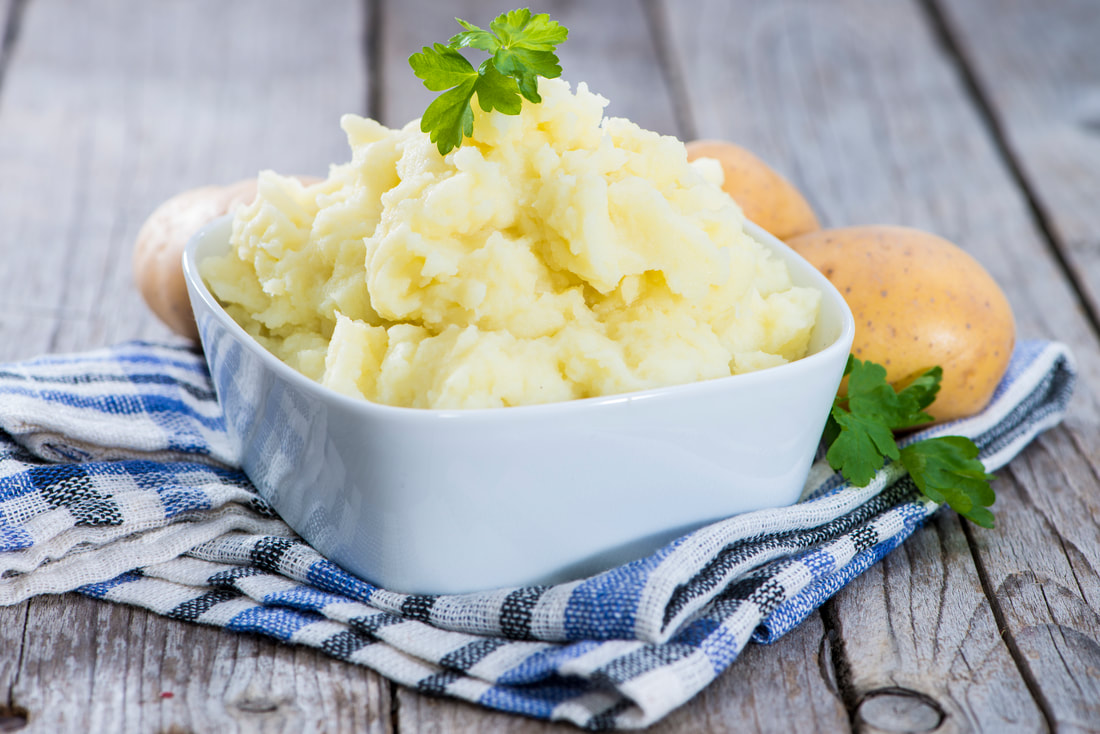|
MOO Butter
Ingredients: 600ml cream Pinch salt 1 cup ice cold water You will need: A stand mixer, hand mixer or food processor (all will work, the stand mixer and food processor are the easiest to use) A bowl A sieve or cheesecloth (I prefer the cheesecloth) First things first, get your cream. The higher the fat content, the more butter you'll get per litre of cream and the nicer the butter will be, so skip the reduced fat creams and go for a good pure cream, or thickened cream or a full fat whipping cream. Tip that cream into the bowl of your mixer. You can use a handheld mixer or a food processor - both will turn your cream into butter just as easily as the stand mixer. Turn the mixer to medium speed and leave it for about 4 - 5 minutes. You'll see the cream thicken, then start to curdle, then you'll notice that it is separating and there will be liquid in the bottom of the bowl. This is the buttermilk. Don't waste it, you can use it in baking in place of milk or water. The creamy, yellow "butter" will be in clumps around the sides of the bowl. Now you need to get the butter to form one clump and completely separate from the buttermilk. To do this you'll need about 1 cup of ice cold water. I usually put a cup of cold water in the freezer for about half an hour before I start butter making. Turn the mixer back on and very slowly pour in about a quarter cup of the ice cold water. You'll see all the butter will clump together and there will be even more buttermilk in the bottom of the bowl. Take a sieve and place it over a bowl. Tip the butter and the buttermilk into the sieve. Now, with clean hands, you need to pick up the clump of butter and gently squeeze. You'll see more buttermilk coming out. Keep squeezing gently, until you can't get any more buttermilk from the butter. The aim is to remove all the buttermilk as the more you can remove the better your butter will keep. Once you've squeezed all the buttermilk from the butter you're done. You have lovely, fresh, unsalted butter. To add a little flavour to the butter, stir through a pinch or two of salt. I use a fork to mash the salt into the butter. Put the butter in a dish and keep it in the fridge for up to eight weeks. Pour the buttermilk into a jug and it will keep for up to two weeks in the fridge And there you have it, fresh butter in 20 minutes. From the September 2017 Cheapskates Journal
0 Comments
|
Archives
April 2020
Categories
All
|

 RSS Feed
RSS Feed